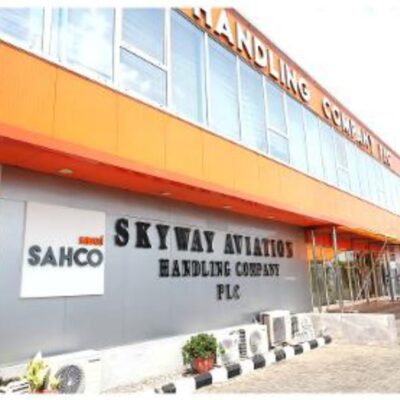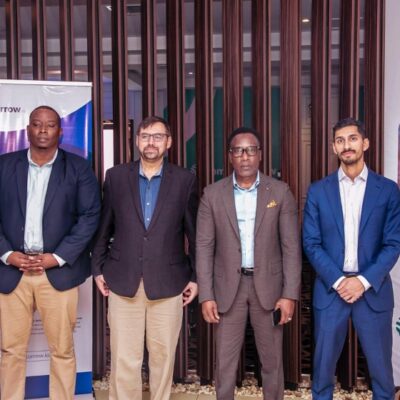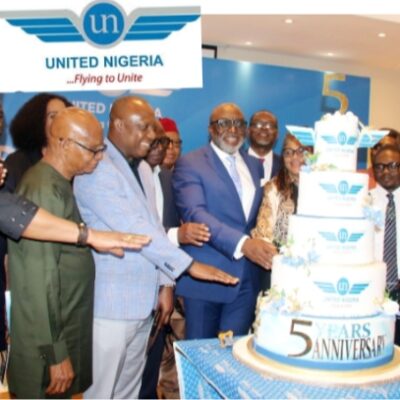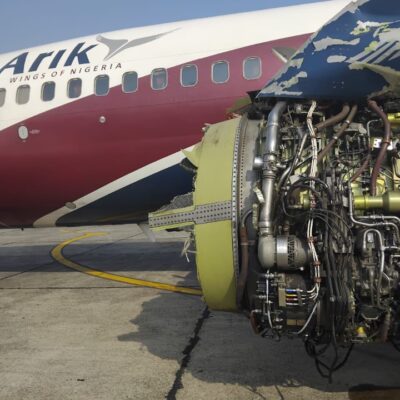BY OLAPEJU OLUBI
The Managing Director and Chief Executive Officer of Ibom Air, George Uriesi, has called on the Federal Government to address the burden of multiple fees and charges imposed on domestic airlines, warning that Nigerian carriers will struggle to remain profitable if the status quo persists.
Speaking on the second day of the 2025 Federal Airports Authority of Nigeria (FAAN) National Aviation Conference (FNAC) in Lagos, themed: “Elevating the Nigerian Aviation Industry Through Investment, Partnership and Global Engagements,” Uriesi presented a paper titled “Airline Profitability and Cost Optimisation.
He highlighted the steep operating costs confronting Nigerian airlines and the systemic limitations hindering their competitiveness.
“Aircraft acquisition is the biggest cost for any airline. Nigerian carriers operate the same aircraft as our peers globally, yet we pay disproportionately higher costs for insurance, maintenance, and financing”, Uriesi stated.
He acknowledged recent efforts by the Federal Government to ease some financial pressures but insisted these measures fall short of what is needed.
Uriesi noted that Nigerian airlines pay nearly double the insurance premiums their international counterparts incur, despite operating identical equipment under similar risk conditions.
According to him, Beyond insurance, carriers face a labyrinth of import tariffs, value-added tax (VAT), pension contributions, and mandatory payments to the National Social Insurance Trust Fund (NSITF) and Industrial Training Fund (ITF).
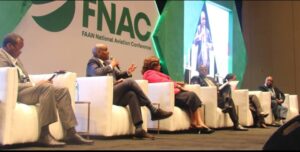
“These charges are not trivia. They are significant enough to push ticket prices beyond the reach of the average Nigerian,” he emphasized.
He cited the Lagos–Accra route as a stark example, noting that before fuel, ground handling, overflight fees, and other operational costs are added, a ticket already carries $185 in taxes.
He informed that, by December 1, 2025, the Nigerian Civil Aviation Authority (NCAA) plans to increase this figure to $200, further straining the affordability of air travel.
Uriesi said that the cumulative effect of these multiple charges discourages potential passengers and constrains airline growth. “Pricing will continue to remain heavy and will discourage people from flying,” he warned.
The CEO also highlighted the challenges posed by the currency mismatch in airline operations. While revenues are earned in Naira, significant expenses—including maintenance, insurance, and certain fuel costs—are denominated in U.S. dollars.
“This alone creates a constant financial strain, especially when combined with other taxes and fees,” he noted.
To navigate these challenges, Uriesi outlined several strategies for airlines to remain competitive and profitable.
Key measures include securing internationally competitive financing, negotiating fair insurance rates, and developing local aircraft maintenance capabilities to reduce reliance on costly overseas services. Improved aircraft utilization, fleet optimization, and operational efficiency are also critical to maximizing returns.
He advised Nigerian carriers to grow quickly rather than remain small, noting that size can determine the ability to absorb costs and achieve economies of scale.
“To compete and remain profitable, airline operators should not stay small for too long, as this will be disadvantageous to their operations,” he said.
Uriesi also urged government intervention to address fees beyond the control of airlines.
Hill“Plead with government to help reduce the plethora of fees and charges. Lobby strongly for reduction of the exorbitant regional fees and charges,” he said.
He concluded on a note of cautious optimism, emphasizing the power of political will.
“We can change the game in Nigeria if and when we really want to… It’s about having the will. If and when we eventually do have the will, we will make the way,” Uriesi stated.
His remarks resonated strongly with conference attendees, highlighting the urgent need for policy reforms to enable Nigerian airlines to compete effectively in the regional and global aviation market.
With the domestic aviation sector already grappling with rising costs and infrastructure limitations, industry leaders are increasingly advocating for coordinated action to ensure sustainability, affordability, and profitability for both airlines and passengers alike.
Olapeju is a journalist and aviation reporter.


